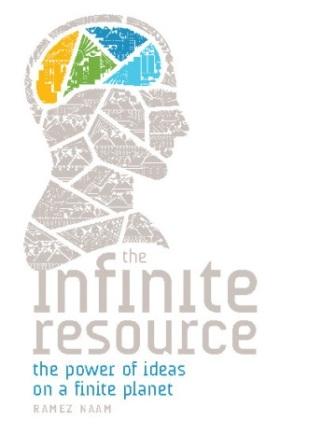 Image: Limits of Earth logo.
Image: Limits of Earth logo.
blogs.scientificamerican.com - April 17th, 2013 - Ramez Naam
The world is facing incredibly serious natural resource and environmental challenges: Climate change, fresh water depletion, ocean over-fishing, deforestation, air and water pollution, the struggle to feed a planet of billions.
All of these challenges are exacerbated by ever rising demand – over the next 40 years estimates are that demand for fresh water will rise 50%, demand for food will rise 70%, and demand for energy will nearly double – all in the same period that we need to tackle climate change, depletion of rivers and aquifers, and deforestation.
One view of these looming threats is that we’ve exhausted planet’s resources.
(VIEW COMPLETE ARTICLE)
Recent Comments